|
簡(jiǎn)體中文|
English| Launch:2022-05-19 |
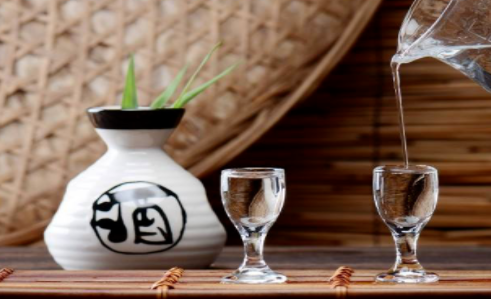
Liquor is the Chinese people's New Year's Festival, wedding and funeral banquet on the necessary table drinks. In foreign countries it has left a drunken name at the World Exposition. The internal it has accompanied the Red Army soldiers on the long march road, it can be said that Chinese has a unique affection for liquor.The current price of Maotai has been beyond reach.
Sweetener storm
At the end of last year, a well-known liquor brand set off a wave of cyclamate storm. Today, many batches of liquor have been detected as "cyclamate" that cannot be added. On June 23, the food sampling announcement released by the official website of the Dazhou Municipal Market Supervision and Administration Bureau in Sichuan Province showed that 357 batches of food samples were sampled, and after inspection, 30 batches were unqualified, and 27 batches of alcohol products were accounted for. Among them, 8 batches of alcohol products were detected as "banned substances" - cyclamate.
This can't help but trigger consumers' concerns about the quality and safety of liquor, in addition to the "adulteration problem" of industrial ethanol before, it has added a layer of "additive" hidden dangers.
The national standard clearly stipulates that the addition of fragrant substances produced by the fermentation of non-liquor itself is not allowed in the solid state method liquor. In the solid-liquid method and liquid method, only aromatic skewers or flavoring with food additives are allowed, and sweeteners such as cyclamate and sodium saccharin are not allowed, whether natural or synthetic. However, some liquor companies still know the law and break it, adding sweeteners such as cyclamate, sodium saccharin, and sweeteners to the wine to adjust the taste or save costs, and grab additional economic benefits.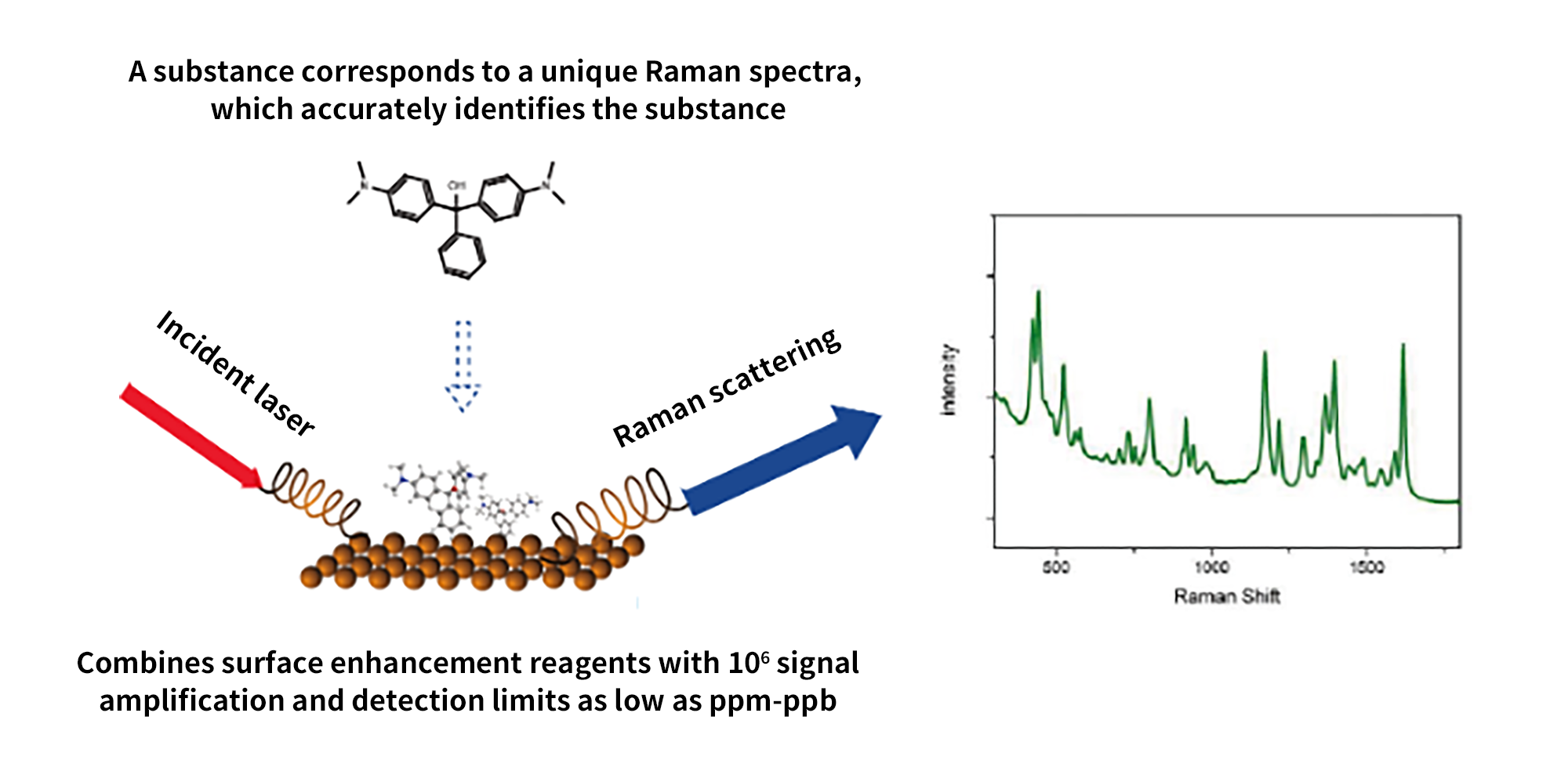
What is a "sweetener"?
Sweetener refers to a food additive that can give soft drinks sweetness, according to its source can be divided into natural sweeteners and synthetic sweeteners, natural sweeteners because of cost and process reasons, unscrupulous molecules generally do not choose to use; cheap and easy to use synthetic sweeteners have become their first choice, the current common is sodium saccharin, aspartame and the most reported cyclamate (sodium cyclohexylsulfamate).
What are the dangers of "sweeteners"?
The anion of sodium saccharin can be used as a carrier of sodium ions and lead to changes in the physiological properties of urine, which is harmful to the human body, and if it is taken in large quantities, there will be poisoning. Although cyclamate is harmless to the body under normal limits, if it is consumed over a long time, it may cause cancer, teratogenicity, and damage liver, kidney and nervous system function. The national standard has clearly required the prohibition of the use of sodium saccharin and cyclamate in distilled spirits.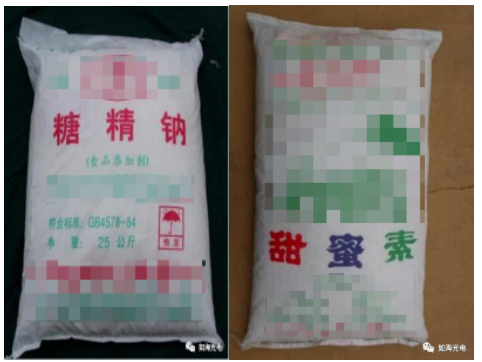
Of course, in addition to the use of these sweeteners that can "return to sweetness", the means of unscrupulous merchants can be described as tricks, in order to allow consumers to obtain a soft, comfortable, delicious taste, citric acid will be added in the production process, and even more in order to pursue the pursuit of hanging cups and add edible glycerin. In the face of the common phenomenon of illegal addition, at present, we can only increase the number of testing batches and strengthen market supervision to urge liquor companies to regulate market behavior.
At present, most of the sampling of liquor is done by the laboratory of the undertaking agency, but the laboratory testing is also facing a dilemma. Most of the qualified food inspection agencies in China have few inspectors and insufficient site area, but they have to undertake a large number of national sampling, provincial sampling and national edible agricultural product testing tasks, so the local food and drug regulatory departments have to invest a lot of sampling funds and entrust third-party food testing agencies to complete, in such a case to increase the number of testing batches, undoubtedly a great burden. In recent years, food safety rapid inspection technology has gradually surfaced, becoming an emerging regulatory technology, and gradually pushed onto the historical stage, welcomed and applied by food regulatory authorities.
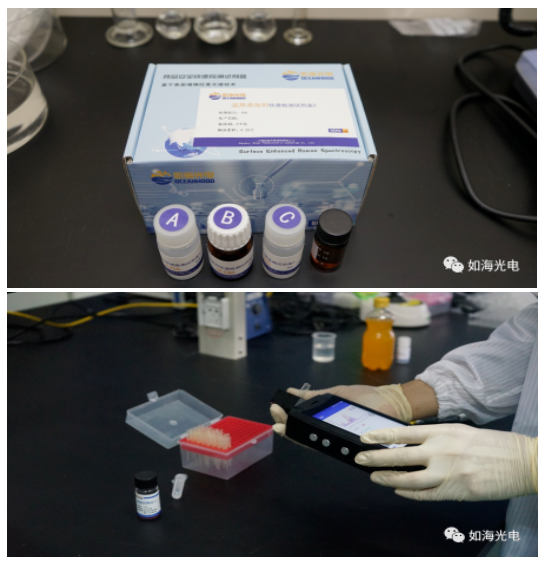
At present, Oceanhood has successfully developed a series of product lines for rapid detection of saccharin sodium in liquor, including the food safety rapid inspection instrument independently developed by the pretreatment kit.
In the saccharin sodium detection scheme of Oceanhood, it only takes a few minutes of pre-processing to obtain accurate and reliable detection results; the detection limit is < 2 ppm, and the operation is very simple, which is suitable for the application scenario of rapid screening of sodium saccharin in large quantities of liquor. In the detection map, it can be seen that the sodium saccharin in the standard liquor has a significant Raman characteristic peak, and in actual operation, the instrument will automatically detect the sodium saccharin, and the entire detection process is fast and accurate, and it is easy to operate.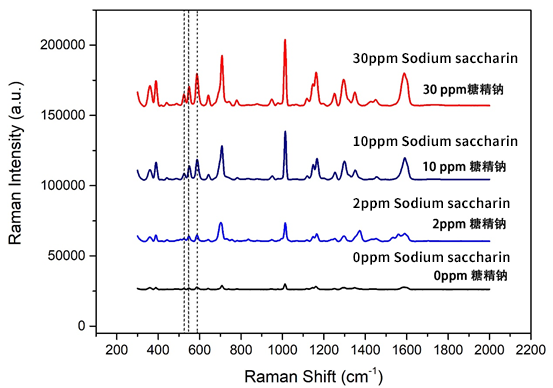
Labeled sodium Raman profile of saccharin
In addition, the cyclamate quick detection series products in liquor have entered the research and development test stage. It is believed that through the unremitting efforts of experts and enterprises, China's food rapid inspection technology will become more and more safe and convenient, and can better serve the people's demand for assured food!

